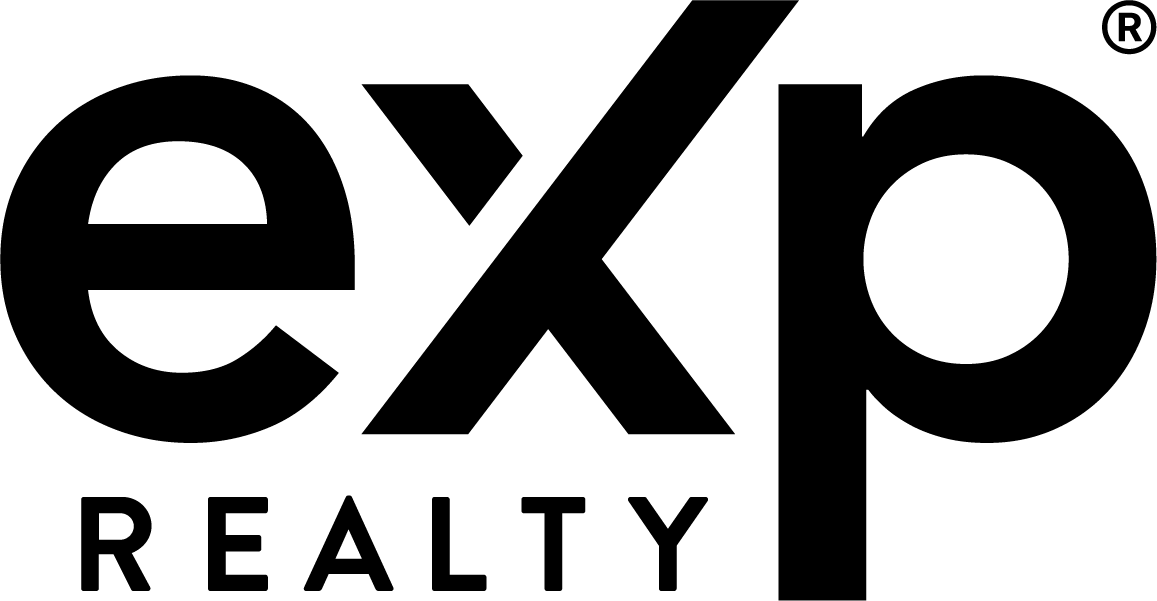Thinking about refinancing your mortgage? If so, you may want to consider these 4 common mortgage refinancing mistakes to avoid.
Failing to Do your Basic Homework
Before you call mortgage lenders, do your own basic research, says Jill Buchanan, senior vice president at MIDFLORIDA Credit Union in Lakeland, Florida.
For starters, know your credit score, which is key to determining the rate you will receive. You can check your credit score for free at WisePiggy.com.
Also, get a general idea of your home’s worth by checking home-valuation sites such as Zillow.com or by talking to a Realtor.
Armed with that information, visit HSH.com to view advertised mortgage rates from various lenders. Then, use a refinance calculator to estimate your new monthly mortgage payment.
“You can get an educated idea of the rate, closing costs and new payment without having anybody pull your credit,” Buchanan says. Source: http://www.investopedia.com/partner/quinstreet/articles/personal-finance/102314/8-common-refinance-mistakes.asp
Opening New Credit Accounts and Running Up Debt
Lenders check your credit when you apply for a refinance, and they check it again just before settlement, says Frank Donnelly, chairman of the Mortgage Bankers Association of Metropolitan Washington, D.C.
Making major purchases on credit or applying for new credit could lead to delays in the approval process, Donnelly says. “In the worst case, you could get rejected.”
Every time you open a new credit account, your credit score drops. Lower credit scores translate into higher mortgage rates.
“They will save $100 on a new TV if they open a store credit card, but wind up paying thousands more on their refinance,” says Todd Huettner president of Huettner Capital. Source: http://www.hsh.com/finance/refinance/refinance-mistakes.html
Forgetting to Consider All Costs
Lowering your monthly payment is a key goal of any refinance. But it should not be the only factor you weigh.
Before you even begin the refinance process, check your current mortgage documents to make sure your loan doesn’t contain a penalty if you pay off your mortgage early, says Dana DeSarno, lending spokesman for Navy Federal Credit Union.
Weigh the amount of time you have left on your current mortgage, and factor in the refinance’s closing costs, Buchanan says. If you don’t plan to stay in your house very long or are close to paying it off, a refinance may not make sense.
Look at all fees when comparing refinance offers. Run the numbers on different scenarios by changing the loan amount, and looking at the cost with and without upfront points.
Some mortgage lenders may offer no closing costs on refinancing to existing customers. But be on guard: Find out if the closing costs are being incorporated into the monthly mortgage payments. Source: http://www.seattlepi.com/business/fool/article/8-Common-Refinance-Mistakes-5831949.php
Having a Low Credit Score
How good does your credit score need to be to get a refinance? It depends, says Joe Metzler, a mortgage consultant at Mortgages Unlimited in St. Paul, Minnesota.
“A standard conventional-type loan requires a (credit score of) 660 or higher to be in the game,” Metzler explains. “With an FHA loan, 100 percent of lenders will work with you if you have a (score of) 640 of higher. As soon as you drop to 639, you drop to 25 percent of lenders.”
Less than 10 percent of lenders work with borrowers whose credit score is below 620, Metzler says. That number drops to 2 percent of lenders for borrowers with scores below 600. Source: http://www.msn.com/en-us/money/home-refinancing/8-common-refinance-mistakes/ar-BB8BYLN
If you want to know more about mortgage refinancing, please give us a call or contact us here.
Contact:
Gary Wong, MBA
Macdonald Realty,
2105 West 38th Avenue,
Vancouver,
V6M 1R8
Phone: 778-862-9787
Office Phone: 604-263-1911
info@www.garywongrealty.com





 Yvonne Yang
Yvonne Yang 
 Carlos Garcia
Carlos Garcia 





